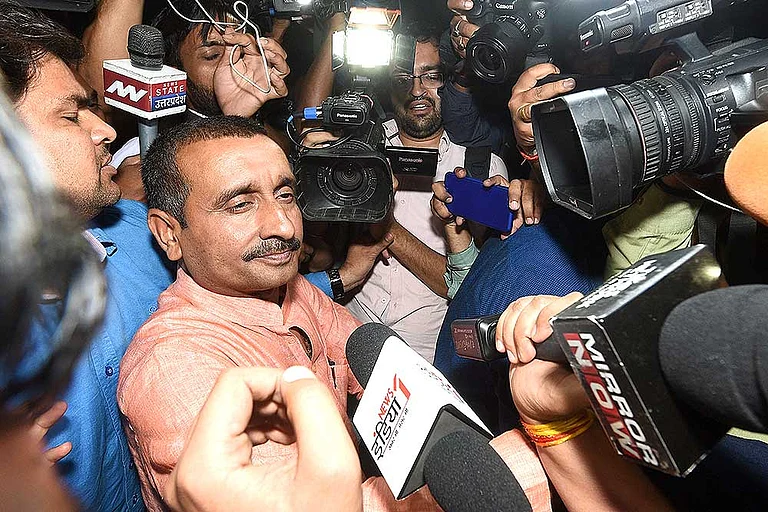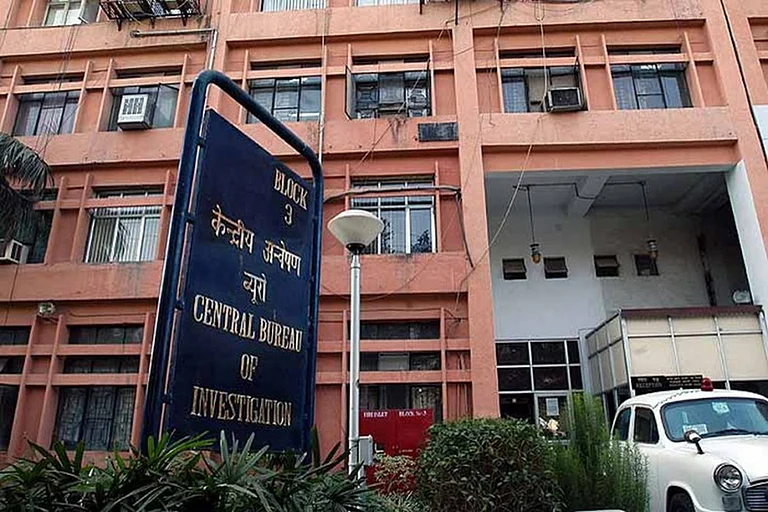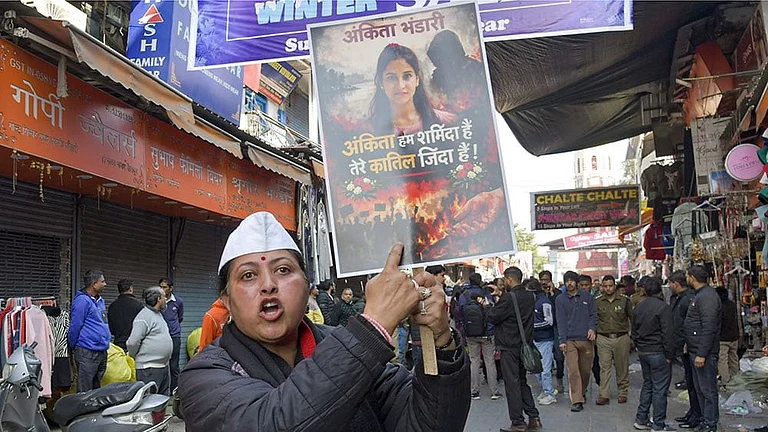“Let me not then die ingloriously and without a struggle, but let me first do some great thing that shall be told among men hereafter.” - Homer
There are deaths that are to be mourned. And then there are lives that are to be celebrated. P.C. Sharma’s is the latter indeed. Born on June 28,1942 in a small village called Fatehgarh some 20 kilometres from Ambala Cantonment, he lost his mother at quite an early age. During his school days, he mothered his younger brother and lent a helping hand to his farmer father.
He had an elder brother who was serving in the Indian army. In 1962, during the Indo-China war, the family received the news that he was missing in action – which meant he was either martyred or captured by the enemy army. The family was devastated and a young Prem left to fend for himself. With great determination and a steely will, he successfully graduated with a Master’s degree in English literature from the Kurukshetra University in 1965. He served as a lecturer in DAV College Ambala City and Nehru Memorial college, Mansa.
Resilient and focussed by nature, he cleared the I.P.S. exam in 1966. He was given the Assam–Meghalaya cadre. He served in Assam with utmost dedication and a unique approach. He was fluent in Assamese and had a great rapport with the locals. His office was not that of an “officer or a sahib” but that of a friend who was always willing to help. It was here that he was presented with an Assamese bamboo cap, hand-woven by the local women – a token of their love and appreciation for this fair, just and compassionate officer.
That became permanent. P.C. Sharma wore it proudly throughout his life as an expression of his firm roots in Assam. In fact, taking a stroll near the Windsor castle, he was offered an astronomical price for his custom hat (one of many) by some American tourists; he politely declined! Given his unblemished record and an exemplary reputation as a competent officer, he was first called as Superintendent of Police to the Central Bureau of Investigation (CBI) in 1978.
He was recalled by the Assamese government in 1982 following the unrest post the formation of the armed militant organisation, United Liberation Front of Assam (ULFA). As Deputy Inspector General (D.I.G.) of Police (border and central range), among other key responsibilities assigned to him was identifying and deporting illegal intruders. He returned to CBI in 1984. He tackled many critical, high profile individuals and politically sensitive issues such as corruption and organised crime.
In 1992, the infamous Harshad Mehta scam rocked the financial markets and led to a widespread public outrage. Sharma headed the team (as Joint Director) investigating the complex case involving 4000 Crore Rupees. Sharma and team unravelled the intricate web of transactions and the flaws in the system. The investigation led to numerous criminal charges against Mehta. The findings of the CBI team led to significant reforms in India’s banking and financial regulatory frameworks, ensuring a tighter oversight to prevent such frauds in the future. Sharma’s handling of the Harshad Mehta case enhanced his reputation as a tough, efficient and a capable investigator. It also cemented the CBI’s role as a critical agency in uncovering and prosecuting economic offences in India.
He was also closely involved in the Jain Hawala case. The case required the CBI to investigate many important politicians and bureaucrats. Due to lack of a conclusive proof, charges were never pressed against anyone but it played a crucial role in highlighting Sharma’s role as a non-partial and an autonomous investigator. Sharma assumed the office of Director, CBI in 2001. His position became extremely precarious the same year as a report of the Comptroller and Auditor General (CAG) hit the headlines in early December.
Termed as the Kargil coffin scam, the widespread reports indicated that the then Vajpayee government had purchased coffins for Kargil martyrs from an American company at “thirteen times the original amount.” Yet again, he maintained a careful balance and upheld the CBI’s autonomy. That was an era when the agency often faced accusations of being influenced by political considerations. Vajpayee’s government, sought to portray itself as a clean administration and hence the CBI was given a free hand to investigate. The CBI did its best to bring the guilty to justice by framing charges; it is a totally different matter that the court dismissed the case.
Overall, P.C. Sharma’s leadership at the CBI during Vajpayee’s tenure contributed to the agency’s growing reputation for handling sensitive political cases with professionalism and discretion. He did not shy away from arresting an Additional Judge of the Delhi High court in a corruption case. Nor was he afraid to raid the office of MoS for Finance Gingee Ramachandaran over corruption allegations. Seen as an officer with utmost integrity, Sharma ensured that the agency maintained its role as an impartial body.
Remembered by many, remembered for many a things, traits and cases, Sharma is mostly fondly and gloriously remembered for the extradition of Abu Salem – an underworld criminal involved in the ghastly 1993 Bombay blasts. Salem was arrested in Portugal in 2002. Sharma played a pivotal role in the extremely complex extradition of the notorious gangster.
Seen as a work of art, he managed to extradite Abu Salem at a time when there was no extradition treaty between India and Portugal. The case was further complicated by Portugal’s strong stance against the death penalty which was almost certainly to be awarded given the number of deaths and the tragic consequences of the ’93 Bombay blasts. It presented a significant diplomatic challenge, but under Sharma’s leadership, along with other Indian authorities, the CBI worked meticulously with their Portuguese counterparts to extradite Salem.
His leadership was instrumental in setting the groundwork for the extradition, showcasing the CBI’s increasing ability to collaborate internationally on sensitive criminal cases. It is remembered as a key moment in the agency’s efforts to bring high-profile fugitives back to India, in spite of the legal and diplomatic challenges involved.
Many at the CBI remember him for his efforts to modernise the CBI. His tenure saw the use of advanced forensic techniques and huge steps in helping the agency handle cybercrime. An ardent reader himself, the library at the headquarters of the CBI was given top priority under his directorship. His tenure enhanced the agency’s Independence and emphasis was laid on improving collaboration and coordination between the CBI and other national agencies.
In what remains a tribute to his honesty, integrity and honour is the fact that when he was appointed as a member of the National Human Rights Commission, his appointment was challenged by the then opposition. Ironically, witnessing his outstanding performance and unbiased time in office, it was that very opposition (the UPA) that reappointed him for another term. He breathed his last on Tuesday in Delhi.


























